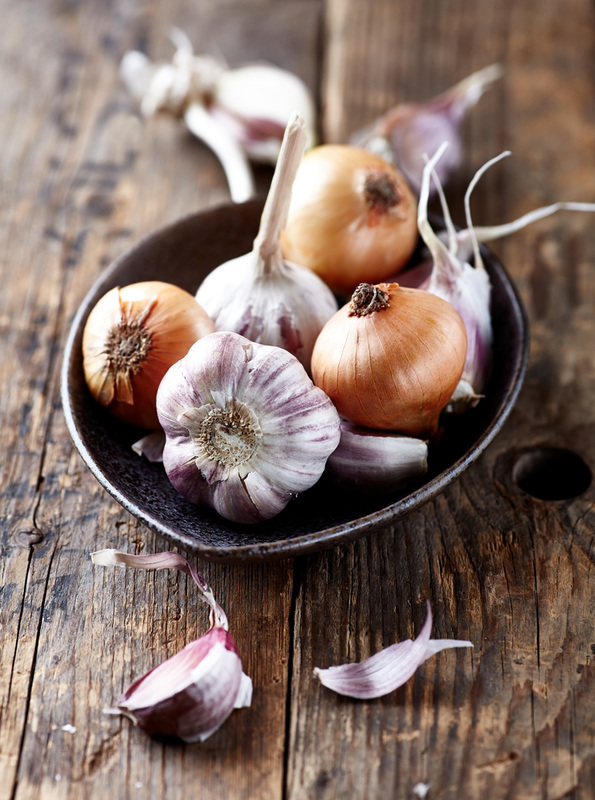What are FODMAPs?Before I move on to post about the next phase of my healing, I want to introduce you to the world of FODMAPs. Because I will inevitably mention them A LOT. If you suffer from any type of digestive distress, or have ever been diagnosed with IBS, then you may find huge relief in your symptoms from following a low FODMAP diet. This may also be worth considering if you have coeliac disease but still do not feel 100% even after removing gluten.
So what is this funny little acronym all about? FODMAPs are short chain carbohydrates (sugars) that are not readily absorbed by the small intestine. So it stands to reason that if you have any level of damage to your digestion, you are even more likely to struggle with these chaps. What does it stand for? Fermentable Oligosaccharides Dissaccharides Monosaccharides and Polyols Where are these found in my diet? The most common dietary sources include fructose (when present in higher quantities than glucose), lactose, fructans, polyols and galacto-oligosaccarides - thankfully referred to as GOS. These are all found in varying quantities in both natural and artificial foods. What are the symptoms of FODMAP intolerance? Abdominal pain Excessive gas Bloating Diarrhoea Constipation Nausea Mood swings Irritability Why do they make my tummy sad? There are two main reasons why these sugars are so problematic. They either begin to ferment in the gut (oooh that's attractive) and this kicks off the production of excessive gas, or they draw excess water to the large bowel causing irregular bowel movements. The by products of these two actions can trigger a whole world of digestive ugly, many of the symptoms mimicking that of IBS. Although FODMAPs aren't identified as being the root cause of IBS, they sure as hell exacerbate it, so following a low FODMAP diet is proving more and more popular in managing this common condition. The diet itself was actually developed by the clever people down under at Monash University, Australia to help improve and eliminate symptoms of IBS. It's even starting to catch on in the UK. The diet recommendations are being rolled out through the NHS, and your GP should be able to recommend you a dietician to help you make any necessary dietary changes. The removal of FODMAPs has had a profound effect on my digestion and eliminated a fair few symptoms. Oddly, for me at least, I have noticed I react differently to different FODMAPs. With polyols such as cauliflower, I get very bloated and gassy. Fructans such as garlic and onions, are not my friends in any way shape or form. They give me bloating and gas and affect my mood horribly. They even make me feel very low. Interestingly wheat is a fructan. Lactose gives me sharp head and tummy pains. Which foods contain FODMAPs? If you start searching online you will be inundated with conflicting resources on which foods contain fodmaps. But as a starting point I have listed below a few of those that are well documented and widely accepted as being high sources of fodmaps: High fodmap foods: Garlic Pears Milk Legumes Wheat Pistachios Honey Onions Apples Yoghurt Pulses Rye Cashews Beetroot Watermelon Cheese Cabbage Peaches Ice Cream Leeks Plums Custard Asparagus Dried fruit Celery Nectarines BUT, its not all doom and gloom. These lovelies are a few examples that are naturally low in FODMAPs, and you can eat to your hearts content: Low fodmap foods: Carrot Blueberries Shellfish Almonds White potato Bananas Poultry Pumpkin seeds Cucumber Grapes Pork Tomato Oranges Fish Fresh herbs Lemon Beef Courgette All melon other than watermelon Lamb Lettuce Strawberries Turkey Swede Raspberries Parsnips Kale So you can still have a good old roast dinner - just avoid the sprouts and cabbage. For everyone's sake. There are many more foods that fall into these categories and many foods that sit somewhere in the middle too, such as avocados. These contain a moderate amount of FODMAPs but may be ok for some in small portions. The Monash University actually have an app which details many types of food products and lets you know whether it is a source of FODMAPs or not. I have the Monash app and have found it invaluable in helping me select foods that wont leave me doubled over on the bathroom floor. At present, although a low FODMAP diet has proved highly successful for many and in some cases eliminated years of symptoms, it has not been trialled on a long term basis. Therefore the recommendation is to eliminate FODMAPs from your diet for a given time period, and then begin to re-introduce them slowly one at a time. I eliminated all moderate and high FODMAP foods from my diet for a period of 6 weeks. When I slowly began reintroducing them I was still experiences digestive problems. It has taken me almost a year to reintroduce some successfully, but my reactions to them are getting better and better all the time. Its worth being patient and not rushing introductions until you are ready, so you don't undo all the hard work you have done in healing. As with all major dietary changes it is advisable that you are under the guidance of an expert before implementing any changes yourself. It is always vital to maintain a healthy balanced diet in which you are meeting all your nutritional needs. Eliminating foods is a great way of establishing what aggravates you and any specific intolerances you may have, but approach with caution and under the supervision of a professional! DISCLAIMER: The information on this blog is purely based on my own thoughts, views and opinions. I am telling these stories to share my experiences with you. The information does not constitute medical advice of any kind and is not intended to substitute the advice of a medical professional. You should consult with a registered GP for guidance on any health related issues and not make any medical decisions based on the information contained within this site. I have no medical training, I am quite simply a coeliac with a story to share.
3 Comments
Susie
15/11/2016 19:01:00
Hi! I'm so glad to have found your website as a fellow coeliac whose digestive system gets very offended by FODMAPS! It's encouraging to read how you're starting to tolerate more FODMAPS. Do you put that down to diet alone, or have you used supplements that have helped your digestive system repair?
Reply
Emma
17/11/2016 15:51:11
Hi Susie, thank you so much for your lovely feedback. That's exactly the reason I started this blog, in the hope of reaching others in the same position as myself :) I have worked very very hard on my diet and definitely noticed the biggest difference combining low FODMAP and AIP, I have also worked with a kinesiologist who has guided me through a supplement regime. I've also found managing stress and yoga vital in keeping my health on track. Feel free to drop me an email if there's anything else you want to chat about!
Reply
5/12/2023 13:31:46
https://turkeyhealth.net
Reply
Leave a Reply. |
Emma CarterThis blog tells an ongoing story about me and my journey back to health and happiness. A boho soul always looking for my next European adventure. I am a Coeliac, Yogi, paleo advocate, dreamer, Bon jovi connoisseur, sun worshipper, snuggly jumper wearer and wife to my lovely Paulie. Archives
April 2017
Categories
All
|



 RSS Feed
RSS Feed